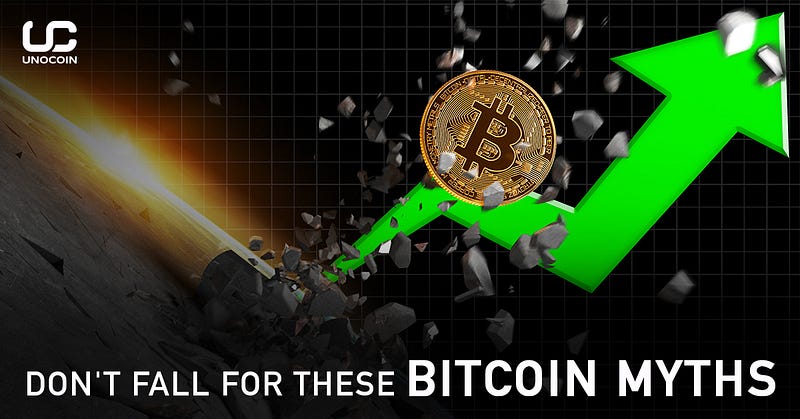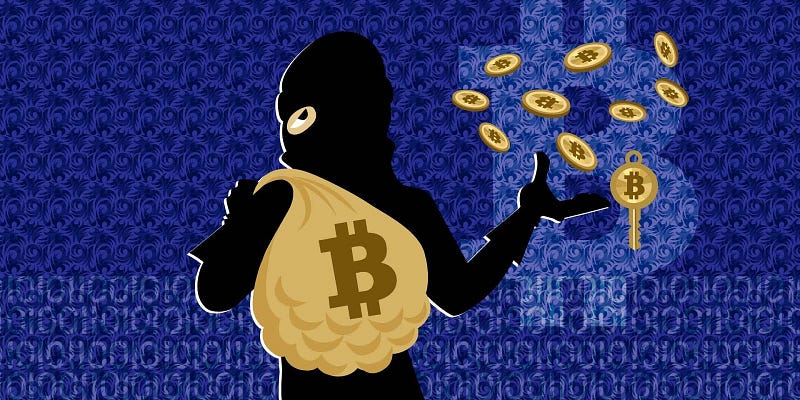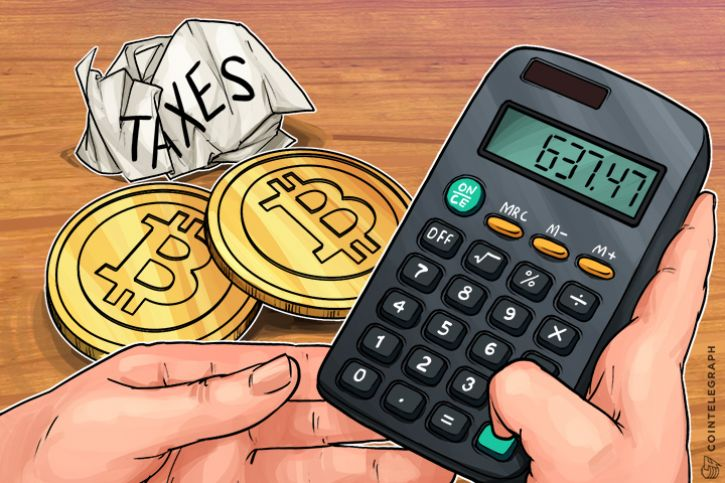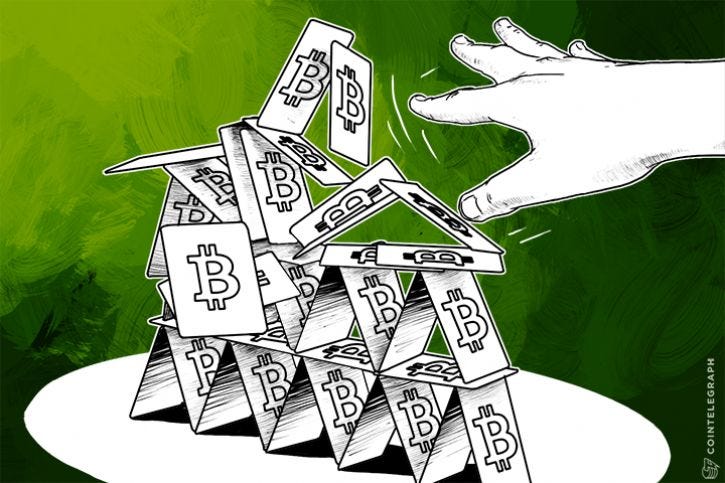
Introduced back in 2009, Bitcoin has been received well by a lot of people. Not surprisingly, for something as widely accepted as this currency, there are numerous myths floating about as well.
“People aren’t taking the time to do their research, and there is a learning curve,” said Alan Silbert, founder, and CEO of BitPremier, a luxury marketplace dealing only in bitcoin.
In April, Dawid Ciężarkiewicz gave a presentation in Toruń, Poland, that delved into common myths surrounding Bitcoin. One of the most pervasive myths he has encountered is that bitcoins are given out for free.
We’ve all heard our share of Bitcoin baloney. There are some dark sides of bitcoin, such as the enormous cost of mining bitcoins, the inability to recover lost coins, wallet vulnerabilities — there also is plenty of misinformation being spread around. Here is a list of some common myths about bitcoin
1. Bitcoins have no intrinsic value
It’s a heavily debated issue — do bitcoins have intrinsic value outside of their use as a medium of exchange? There are multiple doubts surrounding their authenticity, as the decentralized currency is not backed by the government — so should it not have any value?
But there are also arguments to be made about the value of bitcoin as a global network of exchanges and merchants. At the end of the day, the value is determined by supply and demand. If usage grows, its value will increase as well. Isn’t that exactly how money functions? It’s value is determined by us, the users. Bitcoin is no different.
2. Bitcoins are illegal (because they’re not legal tender)
Another big question surrounding Bitcoin is whether it’s a form of legal tender. In this regard, every country has its own stance, while many have accepted bitcoin as digital currency, a few countries have banned them. For now, Bitcoin might fall into some grey areas, but bitcoin is definitely not illegal. The issue arises from the fact that the world had never seen a mass-accepted currency not backed by a national government before — thus this confusion and debate. It’s what makes bitcoin so exciting!

3. Bitcoins are primarily used to launder money
Are you suggesting that there was no money laundering in the world before the advent of bitcoin?
The Silk Road drug racket was used to launder drug money with transactions based on digital currency. Silbert of BitPremier weighed in by saying “The Bitcoin community wants to adhere to the rules,” and is willing to cooperate with governments to increase the cryptocurrency’s adoption. To argue against bitcoin with this wide brush of money-laundering anarchists is not fair as this is a restrained lot, and these transactions can be carried out with cash as well.
4. Bitcoin enables tax evasion
The argument here by Bitcoin backers is that cash transactions are likewise anonymous, but still taxed successfully. In fact, if countries were to adopt bitcoin more openly and officially, it would only help their case. The blockchain is public anyway!

5. Bitcoins are given away for free
Dawid Ciężarkiewicz said not understanding the mining process leads many people to think bitcoins are given away for free. In fact, bitcoins are mined in a complex computing resource-intensive process that is used to validate transactions by solving a series of cryptographic puzzles.
Bitcoins are validated via the blockchain, which is a ledgers of past transactions open to public. Miners who process and verify Bitcoin transactions are rewarded with bitcoins.
Mining is an exhaustive process as it takes extensive hardware to make this currency and, to date, mining bitcoins has cost hundreds of thousands of dollars. This design is intentional: the difficulty of mining is built in to limit the number of bitcoins found each day. In addition, there’s a hard limit on the number of bitcoins that can be mined: 21 million coins.
6. It’s a giant Ponzi scheme

A Ponzi scheme is defined as a form of fraud that pays investors returns with money from later investors instead of money from profits. The reason bitcoin does not qualify to lead such a scheme is that it is a peer-to-peer, open-source currency, there’s no central entity to lead such a scheme. While early adopters have enjoyed huge surges, they’re not profiting at the expense of those hopping on the bandwagon later.
7. Quantum computers would break Bitcoin’s security
This myth may not be entirely false — quantum computers could pose a risk for the bitcoin network. But there’s one little caveat: Quantum computers don’t exist yet.
8. Bitcoin ‘has been hacked’
‘Bitcoin hacks’ are one of the most prevalent myths about Bitcoin. Is the currency secure if the network can be hacked? So far, vulnerabilities have been related to inadequate wallet security and attacks on websites that use bitcoins.
To date, there are no reports on any attacks on blockchains that led to stolen money, heists from exploiting the protocol or thefts due to holes with the original Bitcoin client. This is because of the nature of the blockchain itself — which would require someone with control over half the network, along with malicious intent, to be able to bring about any specific changes. Highly unlikely.
The credibility of Bitcoin continues to improve in the global markets with its value rising as high as $20,000 USD. This demand will only further increase, with greater awareness of its user-friendly nature and of course, these myths being debunked from the minds of people.
Also Read:
https://blog.unocoin.com/vietnam-bans-bitcoins-does-it-matter-e72c87a60bc4



